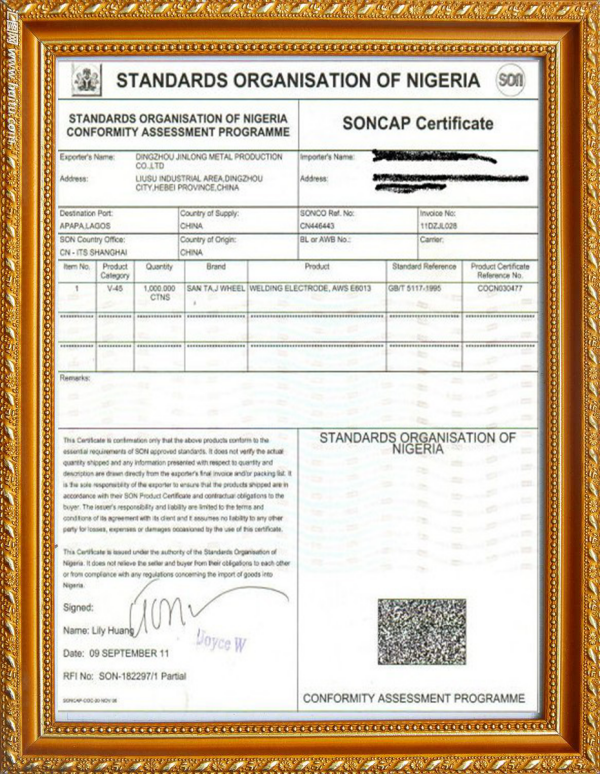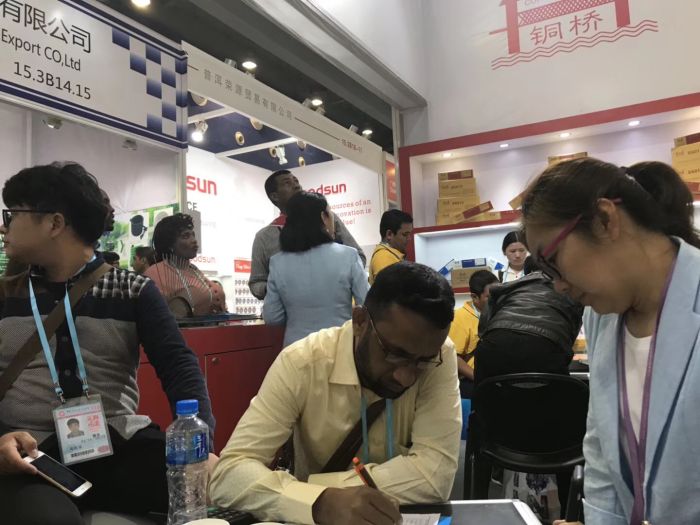" title=''>
2025-08-13 18:53Read2435Visitors
Understanding the pricing dynamics of hard facing electrodes is crucial for industries that rely on...
...
...
Cast iron welding rod is a welding rod used for cast iron, characterized by high strength and good plasticity. It is suitable for gray cast iron and ductile iron, and can be machined.
Cast iron is usually classified according to the distribution of carbon in cast iron, and can generally be divided into white cast iron, gray cast iron, ductile cast iron, vermicular cast iron and malleable cast iron. Due to the high carbon content, uneven structure, low plasticity and poor weldability of cast iron, it is very easy to produce defects such as white cast iron, cracks and pores during welding. Special attention should be paid to the selection of welding process and welding materials during welding. For welding rod arc welding, it can basically be divided into two categories, one is the homogeneous weld type, namely cast iron type; the other is the heterogeneous weld type such as: steel (carbon steel or alloy structural steel, etc.), pure Ni (pure nickel 308), Ni-Fe (nickel iron 408), Ni-Cu (nickel copper 508), Ni-Fe-Cu, Fe-Cu, etc. When selecting welding rods, you can choose according to different cast iron materials, different cutting requirements, different service conditions and importance, different structural characteristics, stiffness, etc.
Expertise within China’s welding electrode sector is underscored by the numerous research and development initiatives undertaken by local manufacturers. Leveraging advanced technology, Chinese companies have surged ahead to produce electrodes that not only meet but often exceed international standards. These efforts have ensured that Chinese welding electrodes are highly regarded for their impressive mechanical properties, consistent performance, and adaptability to various metal types and configurations. Manufacturers like Tianjin Bridge Welding Materials Group and Shandong Welding Material Co., Ltd., exemplify this expertise, having established a strong portfolio of products renowned for their quality and reliability.
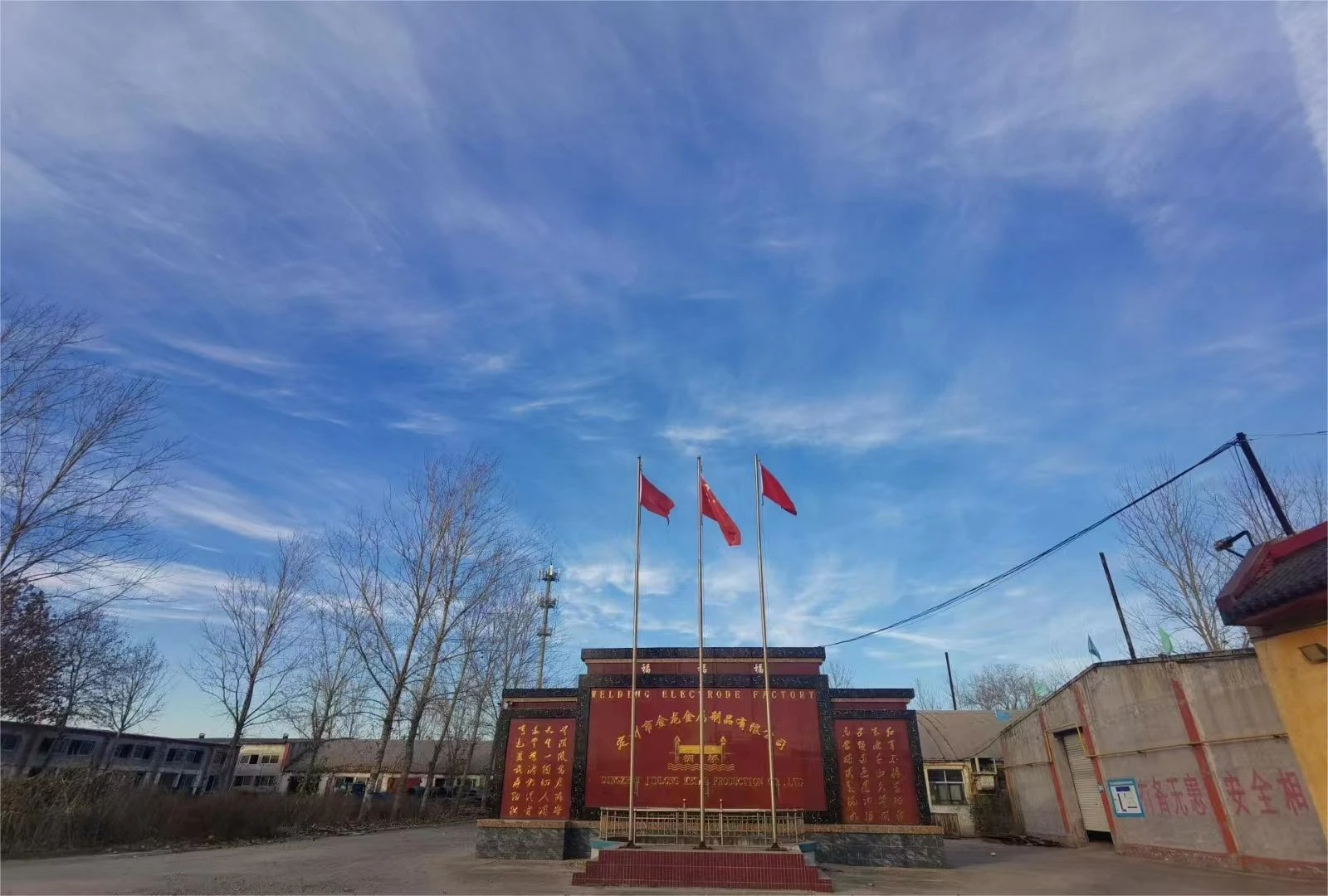
Expertise within China’s welding electrode sector is underscored by the numerous research and development initiatives undertaken by local manufacturers. Leveraging advanced technology, Chinese companies have surged ahead to produce electrodes that not only meet but often exceed international standards. These efforts have ensured that Chinese welding electrodes are highly regarded for their impressive mechanical properties, consistent performance, and adaptability to various metal types and configurations. Manufacturers like Tianjin Bridge Welding Materials Group and Shandong Welding Material Co., Ltd., exemplify this expertise, having established a strong portfolio of products renowned for their quality and reliability.

Expertise in welding electrode production involves a thorough understanding of metallurgy and welding technology. Leading manufacturers invest heavily in research and development to innovate and refine their product lines. These companies often employ teams of skilled engineers and materials scientists who work collaboratively to develop electrodes that meet specific standards and applications. Expertise also ensures that manufacturers can offer a wide range of electrodes suitable for different welding processes, such as SMAW, TIG, or MIG, and for diverse materials like stainless steel, aluminum, or cast iron. Understanding these nuances empowers manufacturers to provide products that excel in various operational conditions.
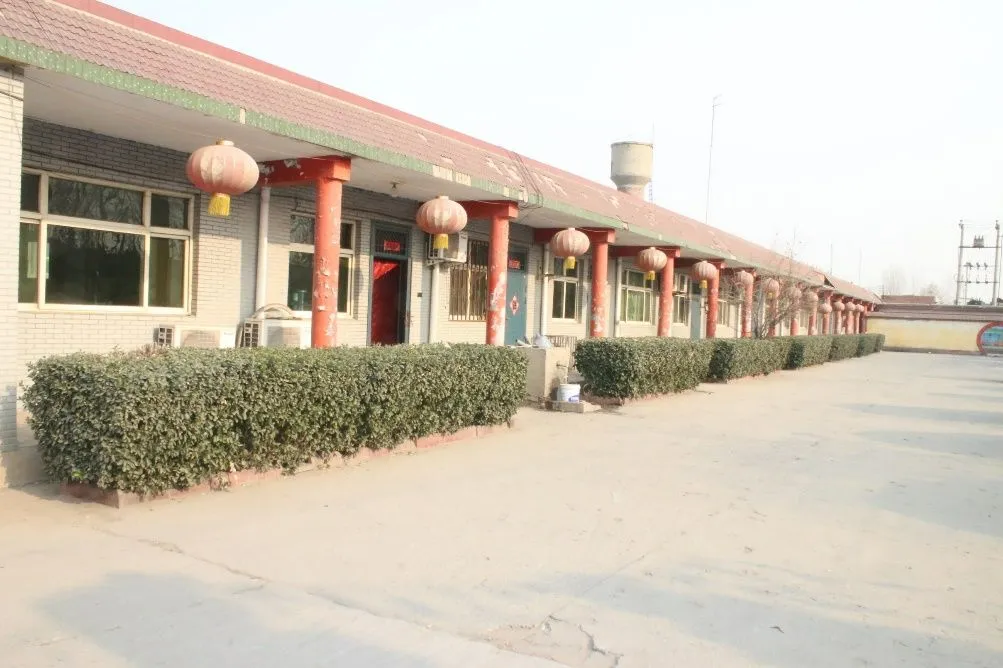
Expertise in welding electrode production involves a thorough understanding of metallurgy and welding technology. Leading manufacturers invest heavily in research and development to innovate and refine their product lines. These companies often employ teams of skilled engineers and materials scientists who work collaboratively to develop electrodes that meet specific standards and applications. Expertise also ensures that manufacturers can offer a wide range of electrodes suitable for different welding processes, such as SMAW, TIG, or MIG, and for diverse materials like stainless steel, aluminum, or cast iron. Understanding these nuances empowers manufacturers to provide products that excel in various operational conditions.

A reputable welding electrode manufacturer understands the subtle differences in materials and how they interact with various metals. This knowledge is key to creating electrodes that offer the best weld quality. Each material used in welding electrodes—from mild steel to aluminum to stainless steel—requires a different approach. Manufacturers with extensive experience can craft products that offer superior strength, reduced spatter, and high deposition rates.
From an experiential standpoint, users of Chinese welding electrodes frequently commend how seamlessly these tools integrate into their workflows. These electrodes often feature an impressive deposition rate, reducing downtime and allowing for smooth, continuous welding. Seasoned welders praise the arc stability and smooth slag removal, which are essential for pristine weld finishes and structural integrity.
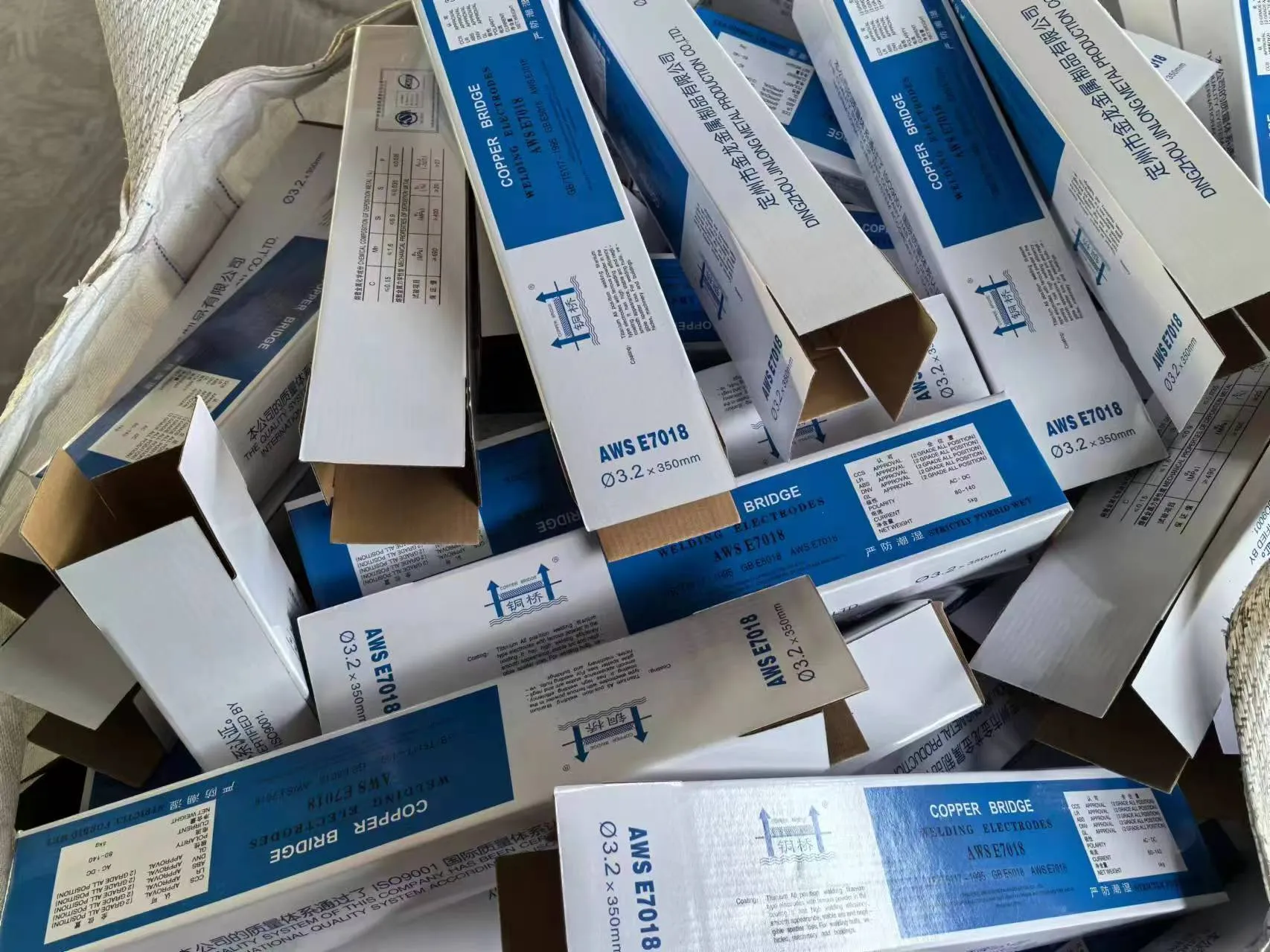
From an experiential standpoint, users of Chinese welding electrodes frequently commend how seamlessly these tools integrate into their workflows. These electrodes often feature an impressive deposition rate, reducing downtime and allowing for smooth, continuous welding. Seasoned welders praise the arc stability and smooth slag removal, which are essential for pristine weld finishes and structural integrity.

In product procurement, it's crucial to consider the logistical advantages that come with sourcing welding electrodes from China. The infrastructure within the country, coupled with its extensive network of ports and trade agreements, facilitates efficient and timely delivery across continents. This logistical efficiency ensures that industries relying on continuous supply chains experience minimal downtime and improved productivity.
